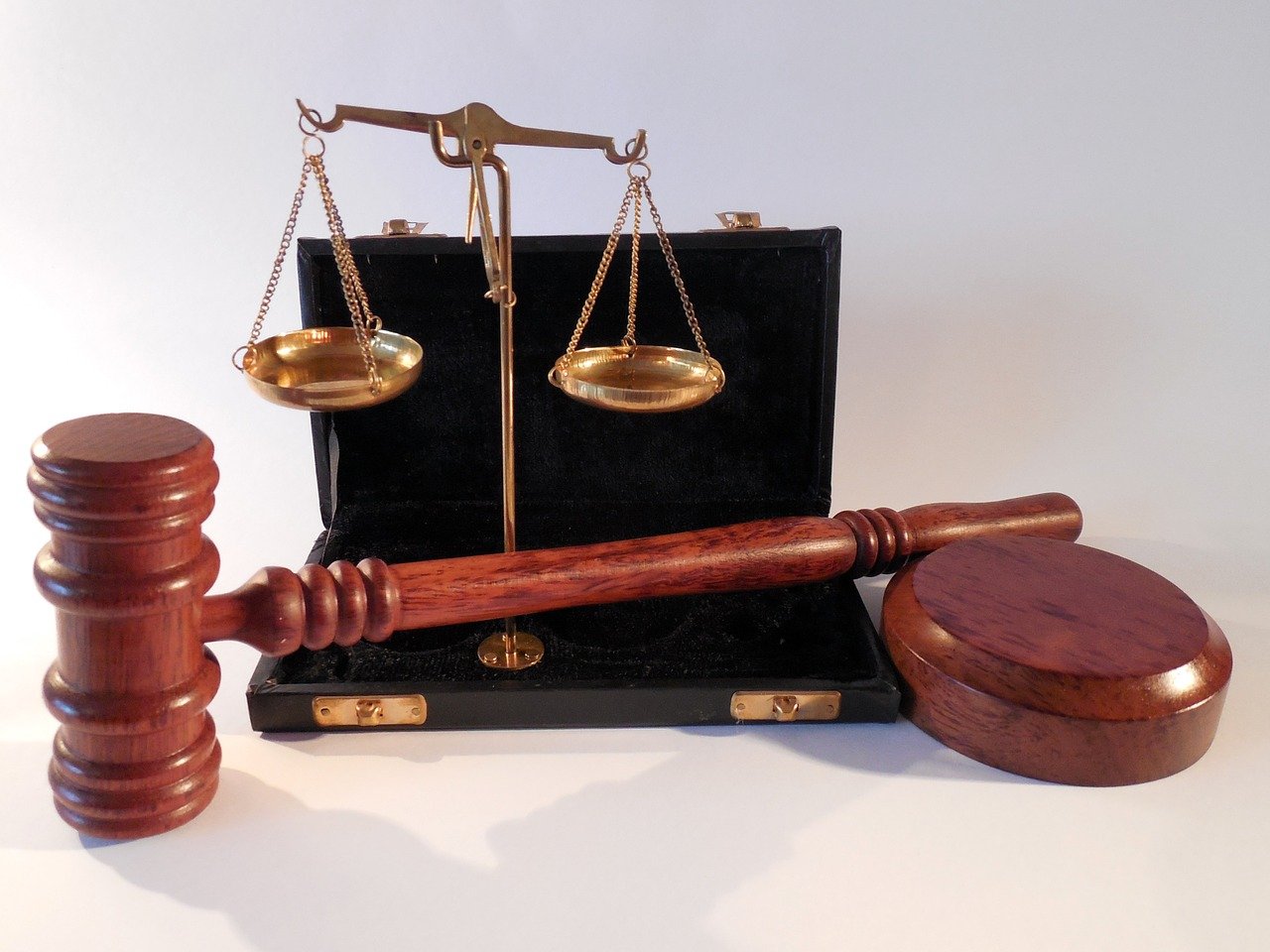
How To Choose The Best Wrongful Termination Lawyer
If you have been wrongfully terminated or are the victim of employment discrimination or retaliation, choosing an employment lawyer can be an overwhelming decision. This is one of the most important decisions you will make in your life. (No pressure.) Not only do you need someone who can ethically and zealously advocate for you, you need a lawyer whom you can trust and confide in. Here are some helpful tips to help you decide.
What is the lawyer’s reputation in the community?
If you are in California, one of the first things you should do is search the attorney’s name on the State Bar of California website. Does the attorney have an active license? Has the lawyer ever been suspended or disciplined?
You should also search the attorney’s name on Google, both in the main search engine and news search engine. While this may seem obvious, many victims are so emotionally distraught after their termination that they forget to do this.
Finally, see what kind of reviews they have on Google and Yelp. However, take these reviews with a grain of salt and do not put too much weight on outlier reviews — i.e. extremely positive or extremely negative reviews.
What is the lawyer’s experience?
How many years has the lawyer practiced? Has he or she ever handled cases like yours?
Employment law is multi-faceted. It is somewhat of a specialized area of law, with many subspecialities. Some wage-and-hour attorneys have never worked on a wrongful termination case, and vice versa. Most employment lawyers do not practice worker’s compensation law. Some lawyers have sparse experience in federal court while other practice exclusively in federal court. If you have a case that can be removed to federal court — something you should ask during the consultation — then you want an attorney with experience in federal court. If your case cannot be removed from state court, then federal experience is not as important.
Most likely, these are questions that you will need to ask during the consultation, since most attorney biographies do not contain this level of detail.
Insist upon speaking with the lawyer who will handle your case before trial
There are some big names in the world of employment law who can boast of astronomical verdicts. These are excellent lawyers who will do a great job – whenever they work on your case, which may be never.
The reality is that the bigger the law firm, the less attention that the lead trial lawyer will be able to give your case. After all, there are only 24 hours in a day. If a firm has 500 cases, the named partners must delegate work to associates and junior attorneys. The level of supervision of these associates – and their skill level – can vary dramatically from firm to firm.
The overwhelming majority of cases settle before trial. Likewise, the employer almost always attempts to get the case thrown out before trial. It is therefore imperative that you screen the associate who works on your case just as much the law firm itself.
You should insist upon speaking with the associate who will handle your case, who may or may not be the same attorney who provides your consultation. All of the questions and screening in this article are equally applicable to the associate.
Be wary of lawyers who make guarantees
Human error is an inherent risk in all litigation. In every case, there is a risk of error by the judge or jury (sometimes both in the same case). This applies no matter how strong the case.
Moreover, there is no shortage of things that can happen during a case that can affect the outcome. The law can change. A key witness could pass away. A key defense witness might stop cooperating – or a key witness for the employee could as well. Critical evidence could be lost – or discovered. Witnesses can change their stories — or forget. There are simply too many variables at play to make a guarantee.
If a lawyer promises or guarantees a certain result, that is a red flag. The most a lawyer can do is give you a range of probabilities based upon the information available at the time. That last part is key. As new information is discovered, the range of probabilities can change. The value of the case is like the stock market. It is not static. It can go up or down based upon the evidence that is learned during discovery.
Is the lawyer accessible?
What is the lawyer’s approach to keeping the client informed? Will he or she give you their cellphone number?
Unfortunately, some lawyers are better than others when it comes to keeping the client updated and informed about their cases. You want to learn your lawyer’s approach before you retain him or her.






